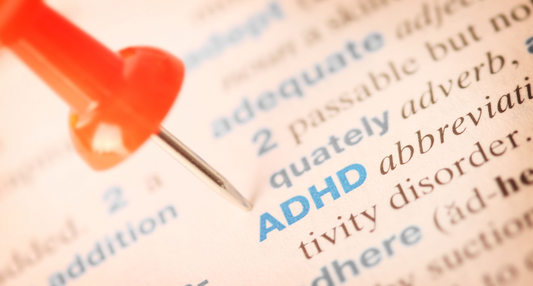North American Menopause Society (NAMS) Updates Guidance On Hormone Therapy

Share
NAMS New Hormone Therapy Guidance: The Benefits Outweigh The Risks For Many Women
For the first time since 2017, the North American Menopause Society (NAMS) has updated its position statement on hormone therapy.
The updated guidance has been reviewed and endorsed by more than 20 medical organizations around the world, including the American Association of Clinical Endocrinology, the American Medical Women’s Association, and the American Society for Reproductive Medicine.
How Was The Research Conducted?
NAMS created an advisory panel of clinicians and researchers who are experts in women’s health and menopause. The panel reviewed the previous NAMS position statement from 2017, evaluated new research since 2017, and came to a consensus.
“The 2022 NAMS position statement is a great place to start a conversation with your own physician. If you are suffering from menopause symptoms, and especially if they are interfering with your daily life, it’s time to get some help.”
– Dr. Mary Claire Haver
What Does The New Research Say?
Each woman is unique, so you may be wondering what this means for you. What does this new information tell us about the balance between risk and benefit for different HRT options?
You can read the 28-page document here, but Dr. Mary Claire Haver has simplified it for you. Here are the highlights:
Benefits Of Hormone Therapy
- For healthy women who are younger than 60, and within 10 years of menopause onset, who do not have contraindications, the benefits of treating menopause symptoms with hormone therapy outweigh the risks.
- Hormone therapy is an effective treatment for hot flashes and night sweats. For women whose daily lives are disrupted by these menopause symptoms, hormone therapy can improve sleep quality, fatigue, mood, and quality of life.
- Hormone therapy can reduce the risk of broken bones and osteoporosis.
Risks Of Hormone Therapy
The risks of hormone therapy vary depending on which type is used, the dosage, how long hormones are taken, how they are administered, and the age when hormone therapy begins. In general:
- Women who begin hormone therapy after age 60, or who begin hormone therapy more than 10 years after menopause onset, face greater risks including an increased risk of heart disease, stroke, venous thromboembolism, and dementia.
Hormone Therapy And Cancer
- For women with a uterus who take estrogen combined with progesterone:
- there is no increased risk of uterine cancer
- the risk of breast cancer may slightly increase if hormones are taken for more than 4 years.
- For women without a uterus who take estrogen:
- there is no increased risk of breast cancer for the first 7 years, but risk may increase slightly if used for longer.
- For women with a family history of breast cancer:
- Hormone therapy does not further increase the risk of breast cancer.
Is Hormone Therapy Right For You?
Hormone replacement therapy is very helpful for many women, but it may not be right for everyone. It is important for each woman to speak with her physician to review the risks and benefits, and then decide if this is the right path. The new guidance from NAMS provides a great opportunity to explore the details with your own physician.










